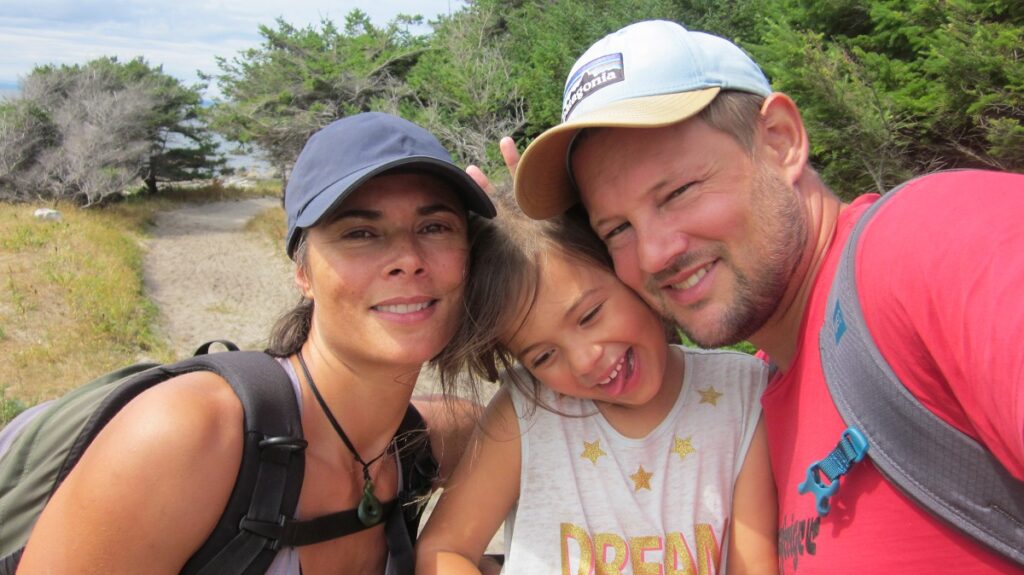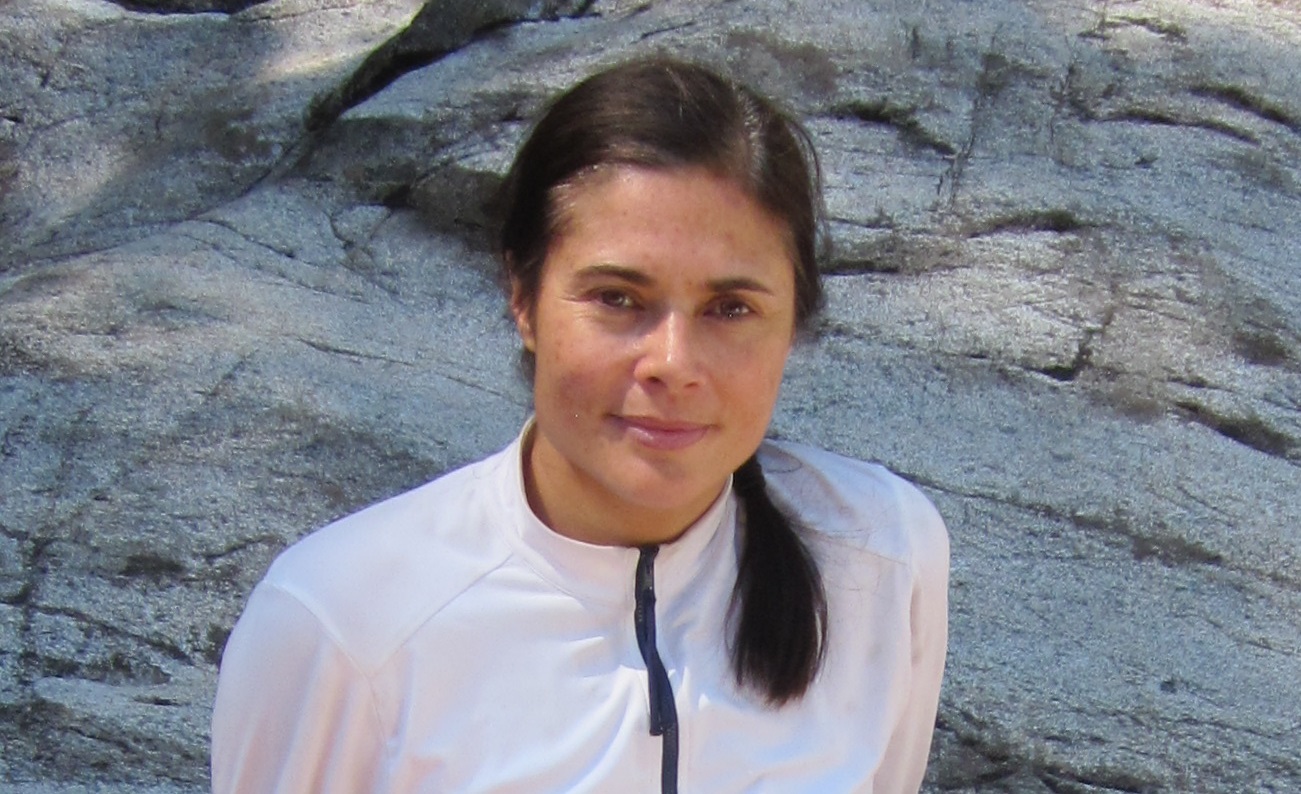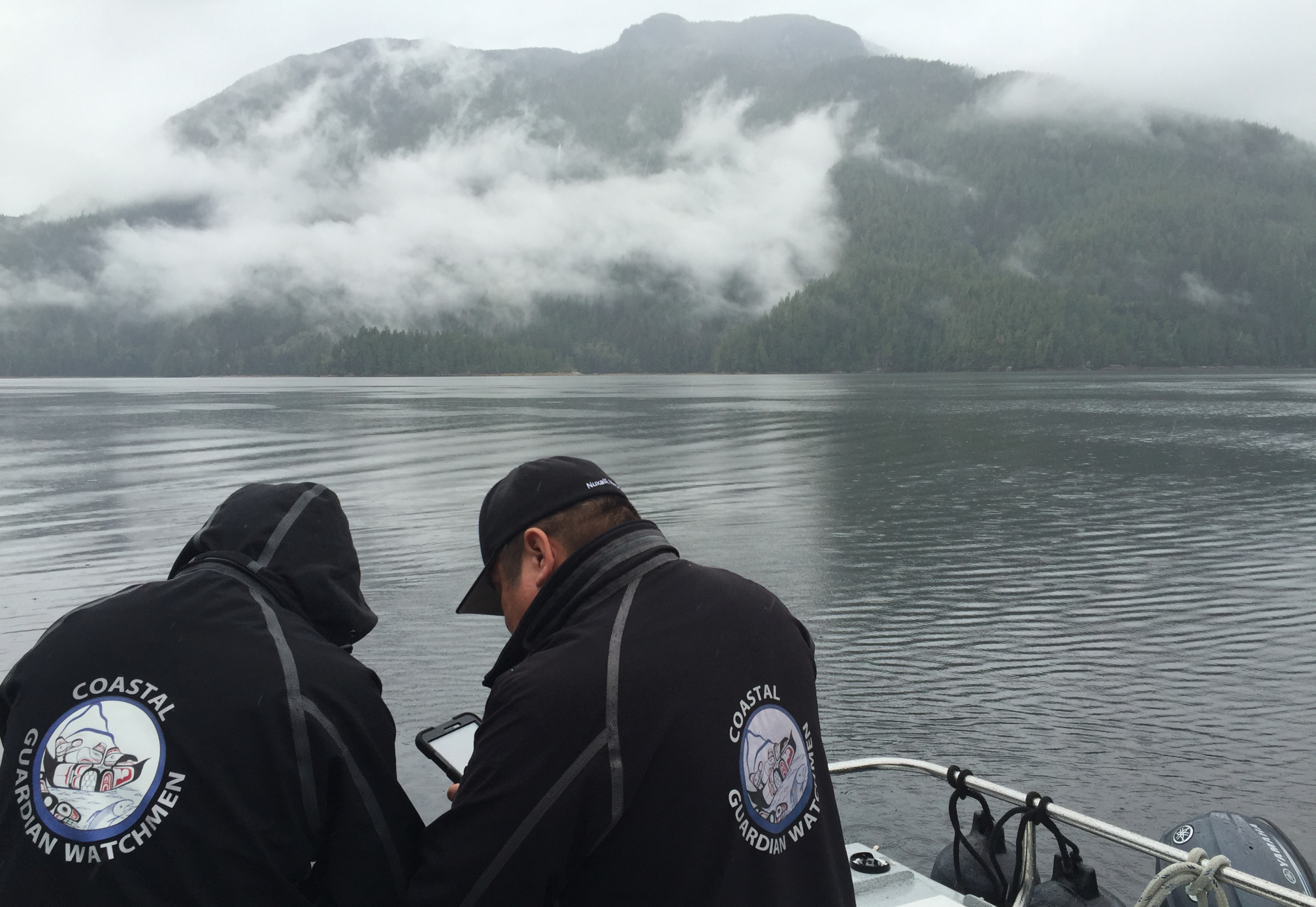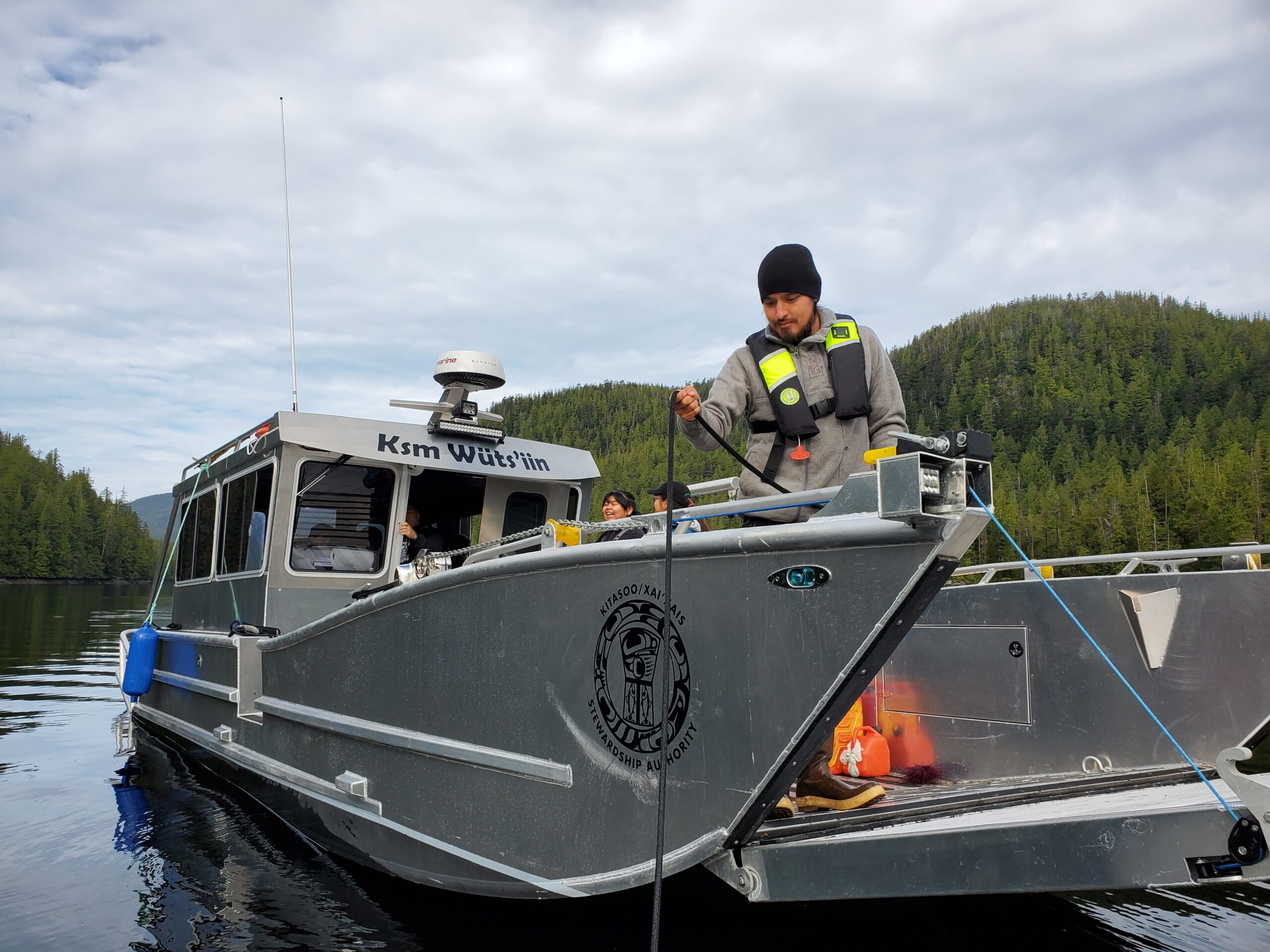For Aroha Miller, coastal stewardship is second nature.
Born in a rural, sea-side town in the South Island of New Zealand, she and her two sisters spent much of their time at the beach, looking for sea-shells and whatever else the tide brought in. “Where I lived, there was just a dirt road and no street lights,” recalls Aroha, adding that the winter weather was just like it is here, with lots of rain and grey skies.
All that exploring along the shoreline naturally led to an education steeped in marine organisms and coastal ecology. Just before she turned 30, Aroha moved to Stockholm, Sweden, where she conducted research to learn more about contaminants in animals in the Baltic Sea—she had already finished her PhD in Zoology, focused on invasive marine invertebrates, at just 28 years old.
When Aroha moved to Vancouver in 2013, her career followed a similar ocean-based trajectory, while branching out into related areas of environmental toxicology and public health—including important work with the First Nations Health Authority to address shellfish illnesses caused by harmful algal blooms, which disproportionately affect coastal First Nations communities.
For almost three years as a manager at Ocean Wise, Aroha focused on local coastal health and environmental stewardship. The in-depth research she undertook for that role brought her in close contact with community and citizen science groups throughout Atl’ka7tsem/Howe Sound, where she developed a strong working relationship with the Sḵwx̱wú7mesh Úxwumixw (Squamish Nation).
This increasing focus on the social, cultural and economic underpinnings of marine issues is no accident. Aroha is of Māori heritage, the Indigenous people of present-day New Zealand, and she says her original home and Canada share many of the same issues related to colonialism. “So much still needs to be done to overcome current and past injustices,” she says, adding that these systemic issues touch on everything from local environmental concerns to a range of socio-economic issues, such as clean drinking water and food security. Aroha says one big step toward righting these wrongs is recognizing the importance of traditional knowledge—an essential factor in understanding local ecosystems, and informing research and stewardship efforts.
Growing up in two different cultures, Aroha often felt a disconnection from both sides of her background. She didn’t learn to speak Māori until high school, and had to play “catch up” learning the cultural practices and protocols. But those worries ultimately led to a positive trait. “I learned early on how important it was to listen closely and learn from those around me,” she says.
As she settles into her new role as Program Manager of the Coastal Stewardship Network, Aroha says she plans to learn as much as possible from people in coastal communities who have a deep connection to these lands and waters. “At first, I’ll just be focused on listening well and hearing what people and communities need and want to see,” she says. “That’s my number one priority right now.”
Click here to learn more about Aroha and the work of the Coastal Stewardship Network!



